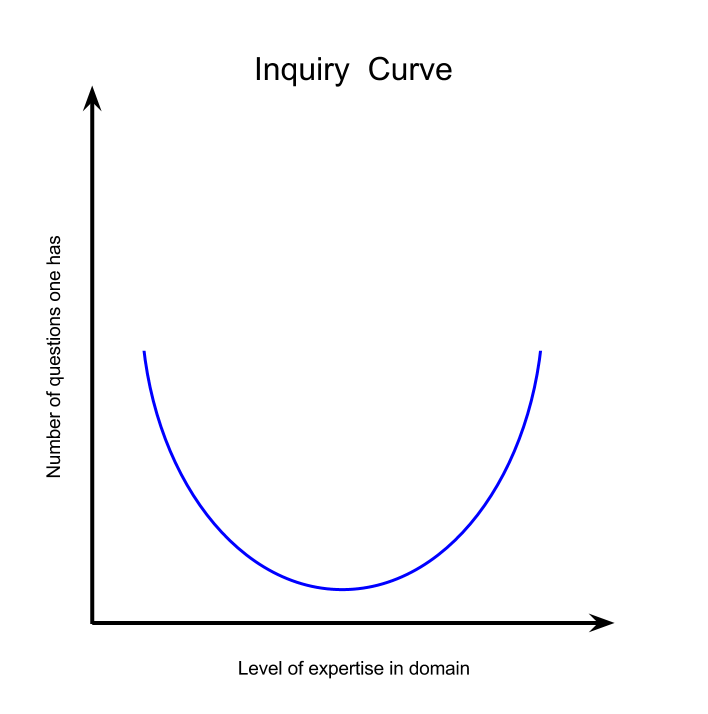I watched this video, and I was reminded of the primary reason I became a teacher. As a bullied youth, I wanted to try and help prevent this from happening to other children. I cannot see how I have been remotely successful in this goal.
I spend so much of my energy focusing on improving how my passion, mathematics, is taught, but not enough time thinking about and helping the kids who are my charges. I know that there are kids at my school who feel alone, and while they may not experience the intensity of the bullying that I did as a child, I’m sure their spirits are no less wounded than mine used to be.
Bullying is a complex problem. There are no simple solutions. That being said, children spend about 8 of their 16 waking hours involved in school in some fashion, and if at the end of this time they still feel isolated, alone, and broken, then we have failed utterly as an institution.
No one else has much time to influence their lives as we do. We need to make more of a difference.
Unfortunately we spend so much of our time and energy as an institution focusing on stuff which is almost trivial compared to some of the needs of our most vulnerable students. We know about Maslow’s hierarchy of needs, and while we cannot prove empirically that it has validity, we know from our experience that children cannot learn effectively unless they feel loved and love themselves.
- Schools should feel like communities where everyone knows everone else by name. It should not be possible for children to pass through our hallways and classrooms without talking to a single soul during the day,
- We should reframe the problem in the positive. Instead of "don’t be a bully" we should model and teach empathy and compassion,
- We need to start modeling empathy and compassion within our wider communities. We will never end bullying in schools while we accept it in the world outside of school,
- Compassion often develops from experience with the other. Instead of separating kids by age, we need to find ways to form connections between kids of different ages. This way younger children always have an older ally, even when they scared to talk to adults. We need inclusive classrooms, not just because it results in better outcomes for the children with special needs, but because it will help all of the children learn about their colleagues more deeply,
- We need to treat social interactions as a skill to be learned. When kids interact poorly, it is an opportunity for learning, and when kids are struggling, we should scaffold the skills they need both to cope and to understand their peers. One of my biggest problems growing up was that I did not understand the motivations and actions of the people around me, and so I often reacted poorly to even the smallest bit of negative attention. My nickname was Spaz instead of Porkchop.
Thank you, Shane, for reminding me of why I became an educator in the first place.
